
U.S.-China Tariff Tensions Signal Prolonged ‘War of Attrition’
Escalating U.S.-China tariff measures threaten global supply chains and economic stability, signaling a prolonged trade standoff with Asia-wide impacts.
News & Insights Across Asia

Escalating U.S.-China tariff measures threaten global supply chains and economic stability, signaling a prolonged trade standoff with Asia-wide impacts.
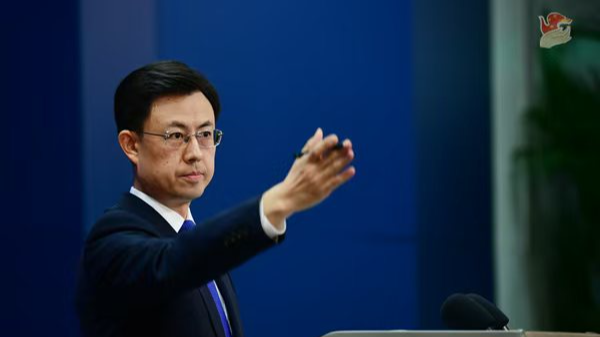
Chinese Foreign Ministry refutes claims of recent Xi-Trump call, denies ongoing tariff negotiations amid escalating trade rhetoric.

China responds to U.S. and EU tariff pressures with market diversification, e-commerce innovation, and policy reforms to stabilize foreign trade and boost domestic demand.
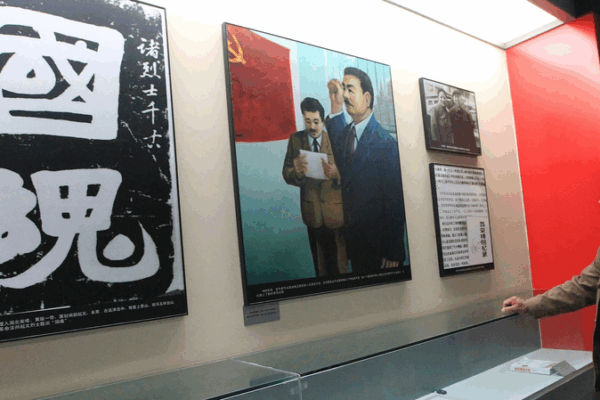
China announces countermeasures against US tariffs, emphasizing sovereignty and multilateral trade fairness amid escalating economic tensions.

Iowa soybean farmers urge stability in China trade amid U.S. tariff pressures, emphasizing economic risks and historical cooperation.
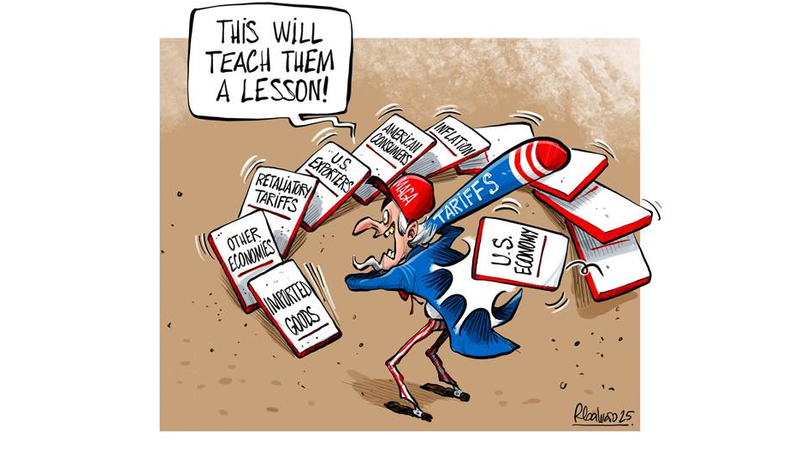
U.S. tariff policies spark inflationary pressures and export declines, creating domestic economic strain despite original protectionist goals.

China counters U.S. tariffs through domestic market expansion, policy interventions, and diversifying trade partnerships, sustaining economic growth amid global trade tensions.

As the U.S. revives tariff strategies, experts warn of global economic fallout, drawing parallels to the 1930 Smoot-Hawley Act. Lessons from history remain unheeded.
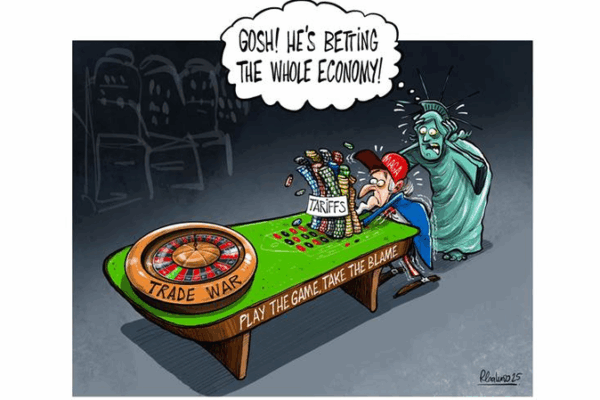
U.S. tariff threats disrupt global trade flows, drawing rare allied criticism and fueling economic uncertainty across Asia and beyond.

New US tariff measures trigger global debate over trade stability, with analysts warning of protectionism risks for Asia’s export economies.
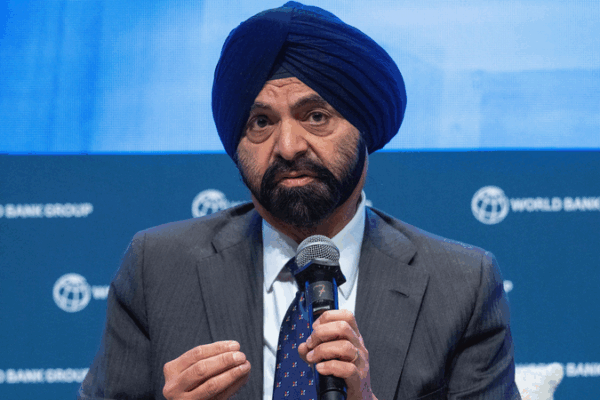
World Bank President Ajay Banga highlights benefits of reduced tariffs and regional trade agreements for global economic stability and growth.

Chinese exporters offset US tariffs by expanding into new markets and domestic sales, highlighting supply chain resilience and innovation-driven growth.

U.S. President Trump unexpectedly joined Japan trade talks, signaling heightened tensions as global markets react to tariff uncertainties. Stakeholders await economic fallout.
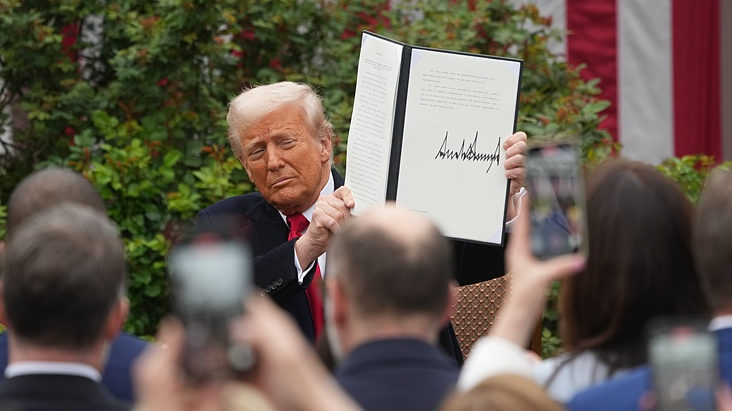
US unilateral tariffs violate WTO rules, sparking global trade tensions. Expert analysis explores impacts on Asia’s economic landscape and multilateral systems.

The IMF warns rising tariffs could destabilize the global economy and impact Asian markets, with stock prices already facing pressure.
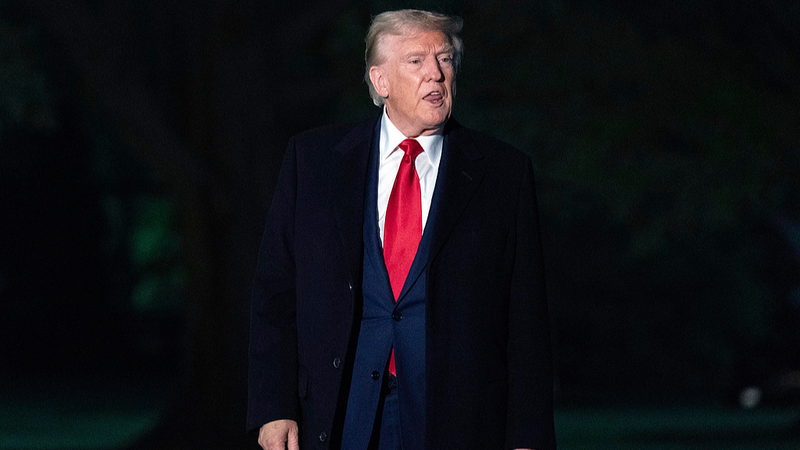
As US tariff policies spark global backlash, experts warn of rising recession risks and a potential shift toward a ‘de-Americanized’ trade framework. Explore the implications.
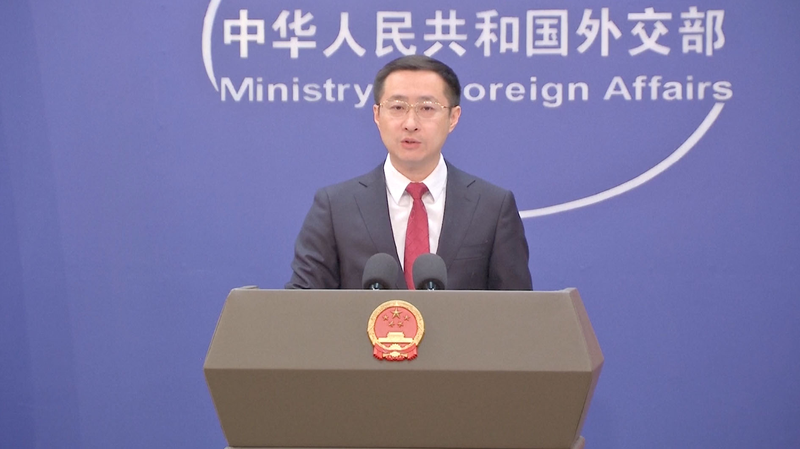
China asserts readiness to counter U.S. tariff hikes, emphasizing commitment to protecting trade interests amid escalating tensions.

China condemns new US tariffs as ‘bullying,’ vows decisive action to protect interests amid escalating trade tensions between global economic powers.

Apple’s stock drops 23% amid U.S. tariff fears, loses market value lead to Microsoft as supply chain vulnerabilities surface.
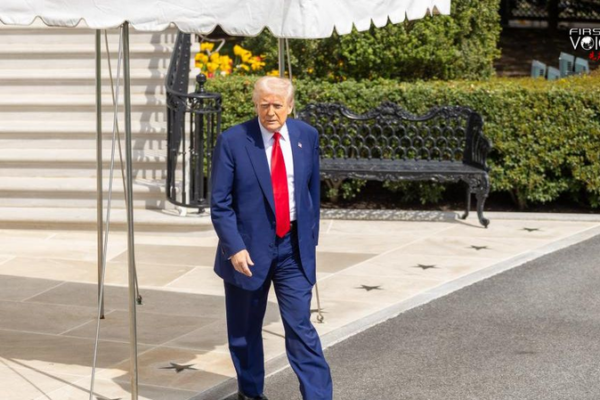
China reaffirms commitment to safeguard economic interests against new US tariff threats, highlighting reduced trade dependence and domestic market strength.